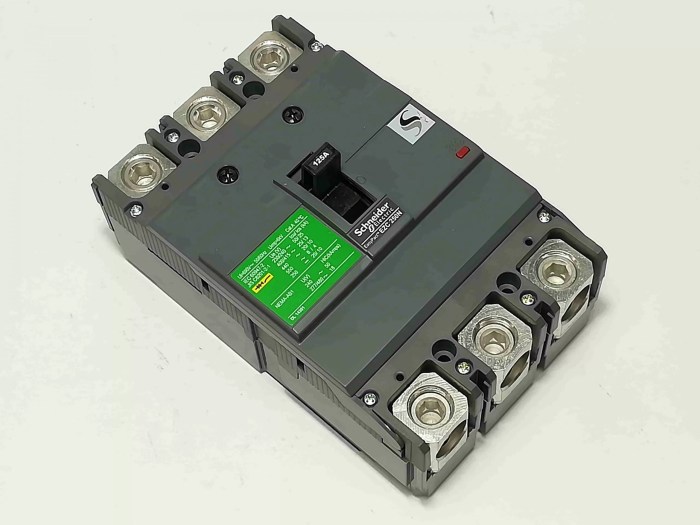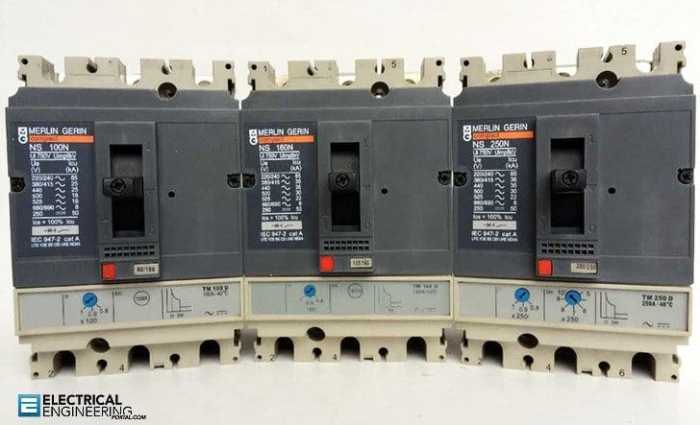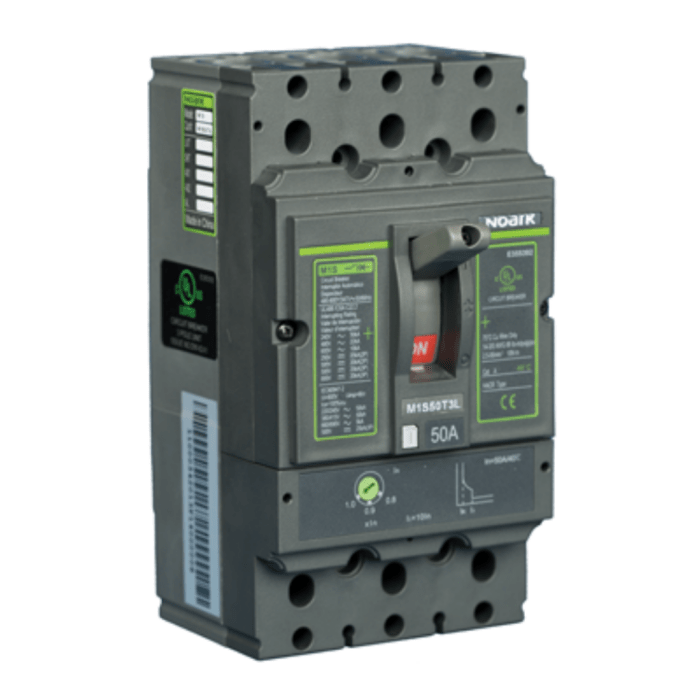Molded-case circuit breakers are permitted to be reconditioned – Molded-case circuit breakers (MCCBs) are permitted to be reconditioned, offering a cost-effective and environmentally sustainable alternative to replacement. This article explores the standards and regulations governing MCCB reconditioning, the reconditioning process, its benefits, limitations, applications, and quality control measures to ensure reliability.
1. Introduction
Molded-case circuit breakers (MCCBs) are electromechanical devices designed to protect electrical circuits from overcurrent conditions. Reconditioning is the process of restoring used MCCBs to a like-new condition, allowing for their continued use.
Reconditioning is a significant practice for MCCBs as it extends their lifespan, reduces replacement costs, and promotes environmental sustainability.
2. Standards and Regulations

The reconditioning of MCCBs is permitted by various industry standards and regulations, including:
- IEEE C37.54: Standard for Reconditioning of Molded-Case Circuit Breakers
- UL 489: Standard for Molded-Case Circuit Breakers
- IEC 60947-2: Low-Voltage Switchgear and Controlgear – Part 2: Circuit Breakers
These standards provide guidelines for the reconditioning process, ensuring the safety and reliability of reconditioned MCCBs.
3. Reconditioning Process
The reconditioning process for MCCBs typically involves the following steps:
- Disassembly and inspection of the breaker
- Cleaning and replacement of worn or damaged components
- Reassembly and calibration of the breaker
- Rigorous testing to verify performance and compliance with standards
Proper testing and inspection during reconditioning are crucial to ensure the reliability and safety of the reconditioned MCCB.
4. Benefits of Reconditioning
Reconditioning MCCBs offers several advantages over replacing them, including:
- Cost savings: Reconditioning is significantly less expensive than purchasing new MCCBs.
- Environmental benefits: Reconditioning reduces the need for raw materials and minimizes waste.
- Extended lifespan: Reconditioned MCCBs can be restored to their original operating condition, extending their useful life.
5. Limitations and Precautions

While reconditioning MCCBs is generally permitted, there are certain limitations and precautions to consider:
- Age and condition: The age and overall condition of the MCCB should be assessed before reconditioning to determine if it is a viable option.
- Safety: Reconditioning should only be performed by qualified and experienced technicians to ensure safety and proper execution.
- Warranty: Reconditioned MCCBs may not carry the same warranty as new breakers.
6. Applications

Reconditioning MCCBs is commonly practiced in various industries and applications, including:
- Industrial electrical systems
- Commercial buildings
- Power distribution networks
Reconditioned MCCBs are suitable for use in electrical systems where reliability and cost-effectiveness are important considerations.
7. Quality Control: Molded-case Circuit Breakers Are Permitted To Be Reconditioned
Maintaining quality control during the reconditioning process is essential to ensure the reliability of reconditioned MCCBs.
- Certification: Reconditioning facilities should be certified by reputable organizations, such as UL or CSA.
- Accreditation: Reconditioned MCCBs should be tested and certified to meet applicable standards.
- Traceability: Reconditioned MCCBs should be traceable to the original manufacturer and the reconditioning facility.
These quality control measures ensure that reconditioned MCCBs meet the same safety and performance standards as new breakers.
Questions and Answers
What are the benefits of reconditioning MCCBs?
Reconditioning MCCBs offers cost savings compared to replacement, reduces waste, and promotes environmental sustainability.
What are the limitations of reconditioning MCCBs?
Reconditioning may not be suitable for MCCBs that are too old or have severe damage. It’s important to assess the age and condition of the breakers before reconditioning.